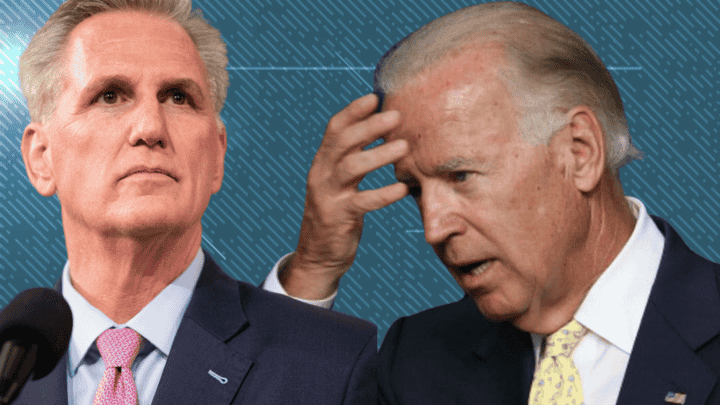Lizzo is an American singer, rapper, and songwriter who was born Melissa Viviane Jefferson on April 27, 1988. She was born in Detroit, Michigan, and then relocated to Houston, Texas, where she began performing before settling in Minneapolis, Minnesota, where she began her hip hop music recording career. Lizzo had released two studio albums, Lizzobangers (2013) and Big Grrrl Small World (2015), before signing with Nice Life and Atlantic Records (2015). In 2016, Lizzo released Coconut Oil, her first major-label EP.
Career
Cuz I Love You (2019), Lizzo Truth Hurt’s third studio album, charted in the top five of the Billboard 200 in the United States. “Juice” and “Tempo” were among the album’s singles. The album’s deluxe edition contained Lizzo’s 2017 single “Truth Hurts,” which went on to become a viral sleeper hit, topping the US Billboard Hot 100 two years after its initial release and became the longest-running solo song by a female rapper.

Her 2016 single “Good as Hell” entered the charts at the same time, hitting the top three on the Billboard Hot 100 and the top ten on the UK Singles Chart. At the 62nd Annual Grammy Awards, Lizzo garnered the most nominations of any artist that year, including Album of the Year for the deluxe version of Cuz I Love You, Song of the Year and Record of the Year for “Truth Hurts,” and Best New Artist. She went on to win the Grammy Awards for Best Urban Contemporary Album, Best Pop Solo Performance for “Truth Hurts,” and Best Traditional R&B Performance for “Jerome.”
Related: Jesse Williams Controversy: He Responds to Criticism of His 2016 Bet Awards Speech
Controversy
The core line of the smash song originated from another song Justin and Jeremiah Raisen wrote with Lizzo, according to Justin and Jeremiah Raisen, who was sued by her in October. The core line of the smash song originated from another song Justin and Jeremiah Raisen wrote with Lizzo, according to Justin and Jeremiah Raisen, who was sued by her in October.
Lizzo’s song “Truth Hurts,” a two-year-old piece that became a No. 1 smash and established Lizzo as a brave and charismatic new star, was one of music’s most amazing success stories last year.

After two songwriting brothers, Justin and Jeremiah Raisen, accused Lizzo of stealing her song’s signature boast — a wisecrack about the results of a DNA test, which itself came from a tweet — from another song they had written with her and denying them credit, the authorship of “Truth Hurts” became one of the industry’s most closely watched controversies.
Lizzo retaliated in October by using the Raisens and another writer who claimed to be involved in the original track, claiming that their claims lacked “merit,” and stating that she would give writing credit and income to the woman who had started it all with a tweet. The issue around the song was scarcely being discussed by the time the Grammys rolled around, with Lizzo as a major contender.
The Raisens, on the other hand, filed a comprehensive counterclaim on Friday requesting credit and profits for “Truth Hurts,” claiming that their collaboration in an early songwriting session set the “DNA test” lyric to music. “Lizzo would never have received her Grammy Award” for best pop solo performance on “Truth Hurts” if not for the Raisens’ work as songwriters and producers in that session, they said in their case.
Many of the Raisens’ main points were made last year on social media and in an interview with The New York Times in which they described the songwriting session, which took place in April 2017 — roughly five months before “Truth Hurts” was released. They shared audio excerpts of “Truth Hurts” and “Healthy,” the original song they wrote with her.
However, their countersuit, filed in Federal District Court in Los Angeles, contains significantly more information, including passages from what it claims are Justin Raisen’s text messages with Lizzo and her principal producer, Ricky Reed. According to screenshots included in the complaint, Reed contacted Raisen after the song reached No. 1 and expressed sympathy for their accusations, saying he wanted their feud “settled.”
Lizzo’s publicist declined to comment on the situation. However, she depicted the Raisens and Yves Rothman, another writer who claimed he was refused credit on “Truth Hurts,” as having only “emerged out of the woodwork” after the song became a smash in her suit filed last year. “The men who now claim a piece of Truth Hurts were not involved in the writing of any element of the song,” she remarked on social media at the time.
The case drew widespread attention not only because it questioned the authorship of a smash hit — “Truth Hurts” was No. 1 for seven weeks last year — but also because it shed light on the often tense negotiations that take place behind the scenes between artists, producers, and writers to divide credit and royalties. While pop singers have many options to capitalize on their celebrity, composers’ livelihoods are almost exclusively reliant on the percentages, or “splits,” that they receive from contributing to hit songs
Related: Toby Keith Controversy: Everything We Know So Far in 2022
Politics of Abortion, Money, and the Remaking of the G.O.P. Abortion politics, money, and the reshaping of the G.O.P.
Lawrence Y. Iser, a well-known copyright attorney, is one of the Raisens’ lawyers. In 2010, he represented David Byrne in a case against Florida Governor Charlie Crist, who used a Talking Heads song in a Senate campaign ad without authorization.

Iser described Lizzo as a “skilled artist and performer who today enjoys tremendous notoriety based on a hit song that she did not write alone” in a statement and said the case has broader implications for the music industry.
If the Raisens are unsuccessful in their quest for credit and royalties for “Truth Hurts,” Iser believes that “working musicians will be unable to be certain that they will be appropriately credited for their contribution if they enter into a studio and develop songs with powerful artists.”
For more updates, keep reading – pelhamplus.com



